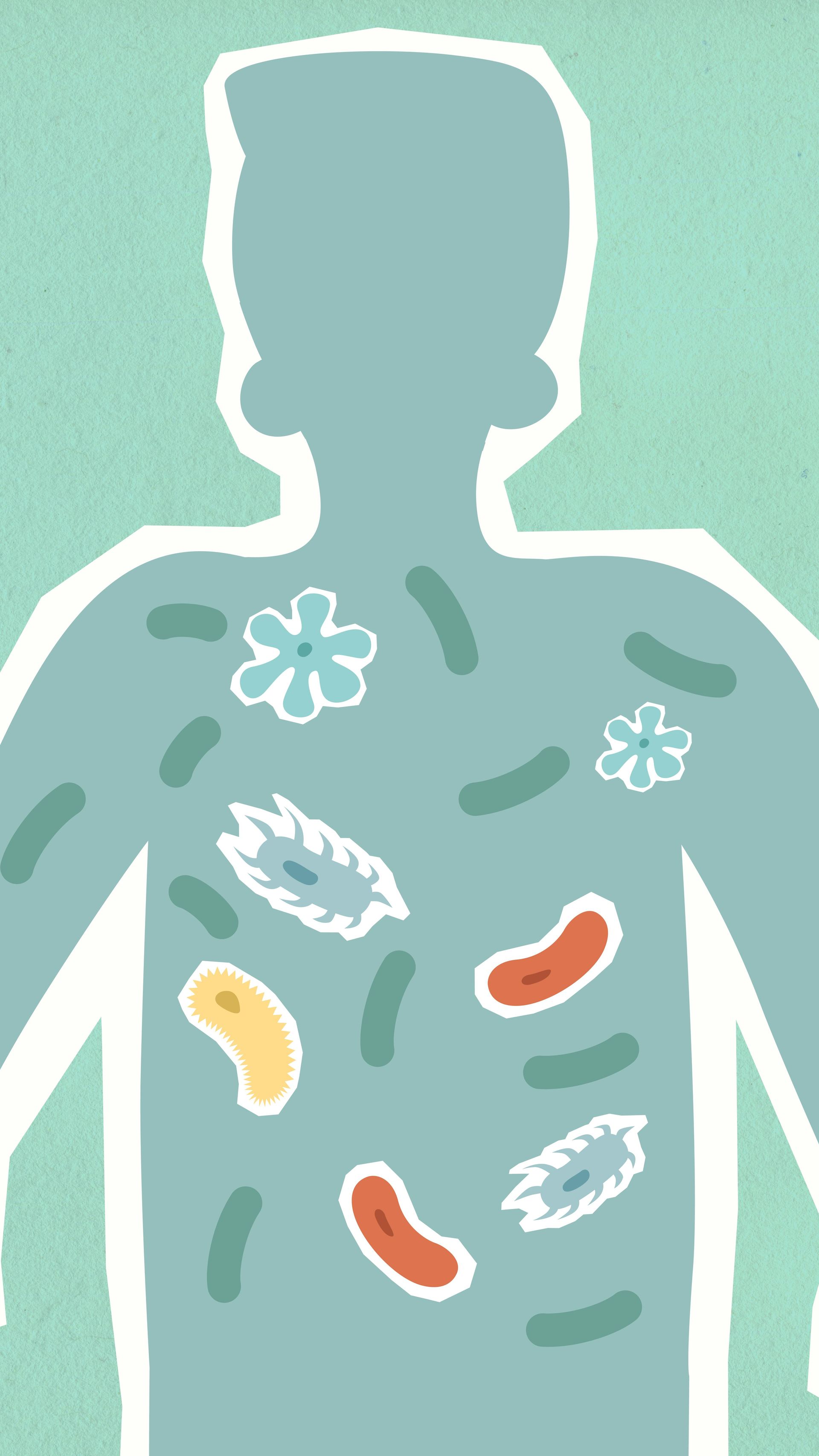Hunger, Satiety, and Mental Health: A Complex Dance
Understanding the Connection Between Stress, Hunger, and Wellness

When discussing hunger and its impact on mental and physical health, it's essential to recognize the complex pathways involved in regulating appetite. These pathways, coupled with societal and psychological influences, can significantly impact overall health. At Designed4Wellness, our 10 + 20 program emphasizes the three pillars of nutrition, exercise, and stress reduction to address these intricacies. Participants are urged to focus on more than just food, understanding the interconnected roles of sleep, exercise, and mindfulness in achieving optimal health.
The Dance Between Hunger and Hormones
Hunger is regulated by two primary pathways:
- Orexigenic Pathway: Stimulates hunger and appetite through hormones like ghrelin and glucocorticoids.
- Anorexigenic Pathway: Suppresses appetite using hormones such as leptin and insulin.
Stress can disrupt the delicate balance between these pathways. Stressors—whether immune-related (e.g., infections), physical (e.g., discomfort, exertion), or psychological (e.g., anxiety, fear, or depression)—can alter these hormonal responses.
- Acute Stress: Temporarily suppresses appetite and increases energy. This is an adaptive response, allowing energy to focus on immediate survival needs, such as escaping danger.
- Chronic Stress: Prolonged stress causes cortisol release, stimulating fat storage (especially visceral fat) and increasing appetite. Over time, chronic stress can lead to insulin resistance, increased cravings for fatty and sugary "comfort" foods, and weight gain.
Why Comfort Foods Feel So Comforting
Research shows that stress triggers cravings for highly palatable foods—rich in fats and sugars—because they reduce stress hormone levels. Studies on both humans and animals reveal a strong link between chronic stress and comfort food consumption, leading to weight gain. Many people report using comfort foods as a coping mechanism for life stressors, such as work or family pressures, and low mood.
Sound familiar? This is a cycle we aim to break in our 10 + 20 program, offering not only nutritional guidance but also psychological support to help participants manage stress effectively.
The Role of Sleep in Stress Management
Did you know that sleep is one of the most critical components of stress management? The recommended amount of sleep is 7 to 9 hours per night. When sleep is insufficient, stress levels rise, exacerbating the hormonal imbalances described above.
Sleep and Stress: A Circular Relationship
- Stress affects sleep: Conditions like insomnia, anxiety, hormonal changes, and even excessive caffeine or alcohol can disrupt rest.
- Lack of sleep amplifies stress: Processes like muscle growth, tissue repair, protein synthesis, and immune function occur primarily during sleep. Without it, your body is unable to recover properly, leading to increased susceptibility to illness and difficulty reaching health goals.
Hormonal Changes from Sleep Deprivation:
- Insulin levels rise, causing decreased insulin sensitivity.
- Ghrelin levels increase, boosting appetite and reducing satiety.
- Cortisol levels also rise, mirroring the effects of chronic stress.
Exercise: A Natural Stress Protector
Physical activity is a powerful tool in mitigating stress and improving mental health. Exercise has been shown to protect against psychological stress, reducing the risk of stress-related disorders and enhancing overall mental well-being.
In our 10 + 20 program, participants are encouraged to embrace movement as part of their daily routine. This not only helps regulate appetite and improve sleep but also provides a natural outlet for stress.
The Power of Mindfulness and Breathing
Meditation and breathing exercises are simple yet effective tools for managing stress. By engaging in mindfulness practices, participants can lower cortisol levels, improve emotional resilience, and gain clarity in their health journey.
Why We Include Psychological Support in the 10 + 20 Program
Our program isn’t just about food. The 10 + 20 program is grounded in the belief that true wellness is holistic, involving a balance of nutrition, physical activity, and emotional health. Ignoring stress management or neglecting sleep and exercise undermines progress.
Our participants receive psychological support, equipping them with the tools to manage life’s stressors and break free from cycles of emotional eating or poor health habits.
Your Health Journey Starts Here
Understanding the complex interplay between hunger, satiety, and mental health is crucial for sustainable wellness. By addressing stress, improving sleep, and staying active, you can restore balance to your life and achieve your health goals.
Are you ready to transform your health? Join our next 10 + 20 program and experience the benefits of personalized guidance in nutrition, fitness, and mindfulness. Together, we’ll uncover the healthiest version of you.
Subscribe to the blog to get notified about our programs and take the first step toward a healthier, happier life.



